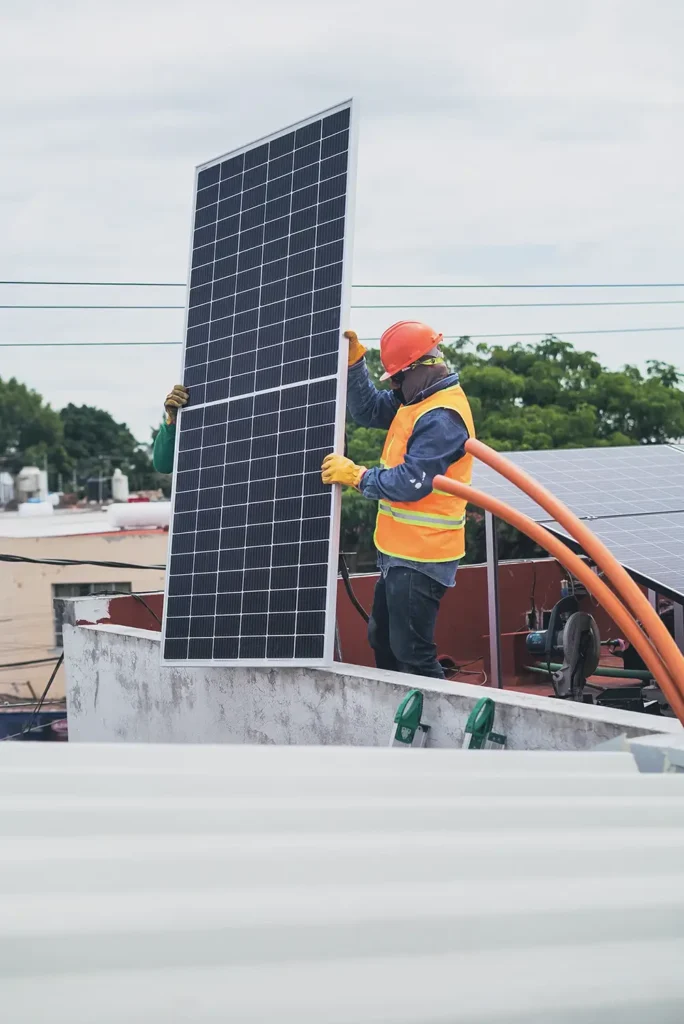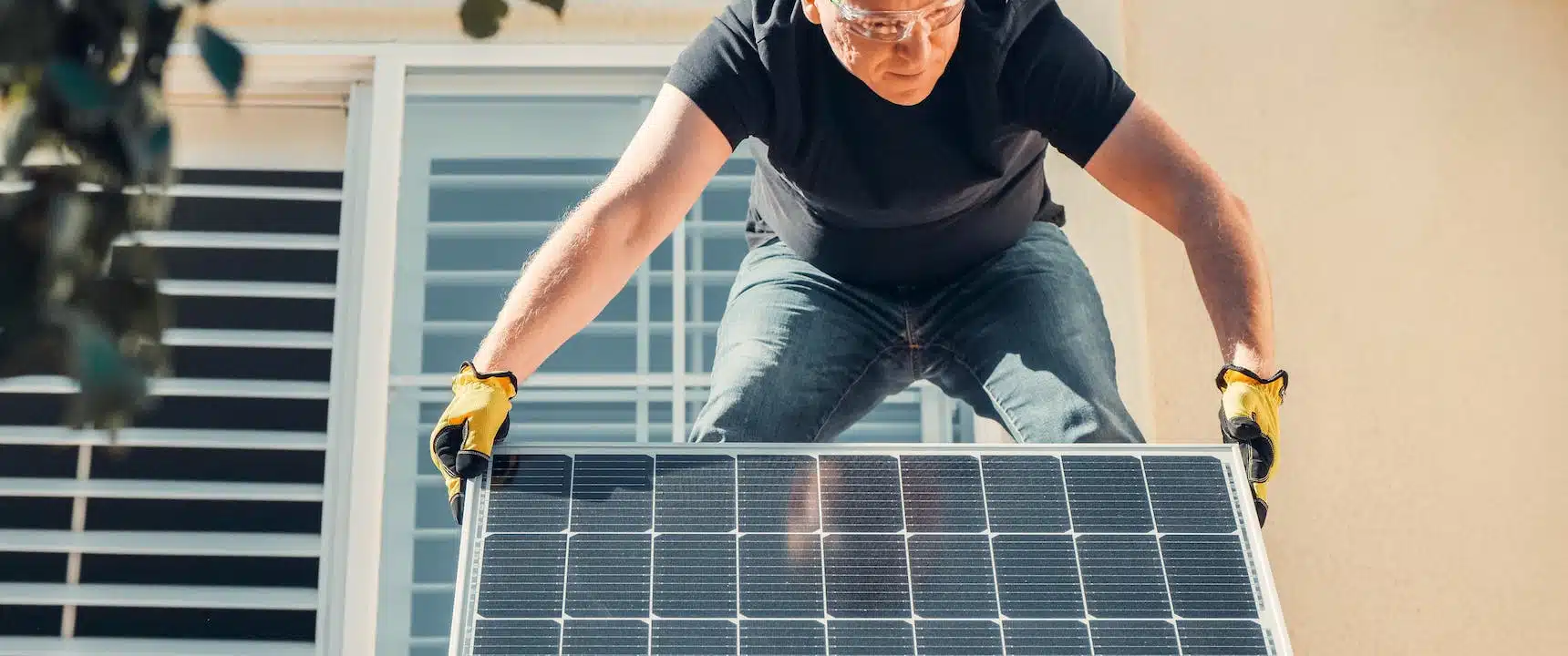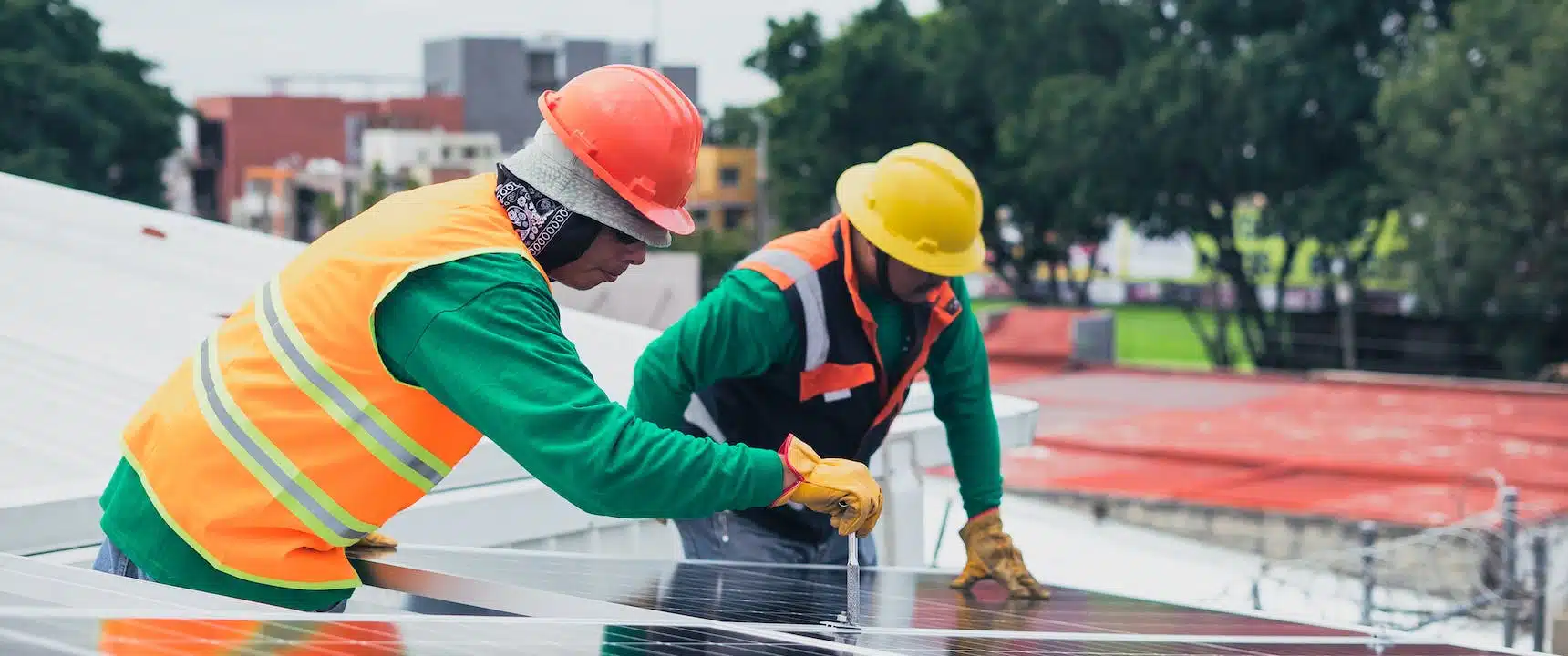The use of solar panels has been multiplying in recent years, and for good reason. Not only are solar panels environmentally friendly, but they can also provide significant financial benefits for homeowners and business owners. In this blog post, we will explore the economic advantages of installing solar panels, including the federal tax credit, savings on electric bills, and the low maintenance required.

Federal Tax Credit for Solar Panels
One of the major financial incentives for installing solar panels is the federal tax credit. The federal government offers a tax credit of up to 26% of the total cost of installing solar panels. This means that homeowners and business owners can deduct a substantial portion of the installation expenses from their federal income taxes. With the tax credit, the initial investment in solar panels becomes much more affordable, allowing for significant long-term savings.
By taking advantage of the federal tax credit, individuals and businesses can significantly reduce the upfront costs of installing solar panels. The tax credit acts as a direct reduction of the total amount owed in taxes, allowing for substantial savings. For example, if the total cost of installing solar panels is $20,000, a homeowner or business owner can deduct up to $5,200 from their federal income taxes.
Savings on Electric Bills
The financial impact of the federal tax credit extends beyond the immediate installation costs. With the reduced investment required, homeowners and business owners can enjoy long-term savings through reduced energy expenses. By using solar energy, homeowners and business owners can significantly lower their monthly electric bills. The specific amount of savings will depend on factors such as the size of the solar panel system and the local electricity rates, but studies have shown that the savings can be substantial over time.
Low Maintenance and Cost Efficiency
Once solar panels are installed, they require minimal maintenance, contributing to cost efficiency. Unlike other forms of energy generation, solar panels do not rely on moving parts, making them less prone to mechanical failures. In general, regular cleaning and occasional inspections are all that are needed to keep solar panels functioning optimally. With less maintenance required and no fuel costs to worry about, solar panels can provide long-term financial savings for homeowners and business owners.
In summary, installing solar panels can be a lucrative financial decision for both homeowners and business owners. The federal tax credit offers a significant incentive, reducing the upfront cost of installation. Moreover, solar panels can lead to substantial savings on electric bills over time, while their low-maintenance nature ensures additional cost efficiency. By embracing solar energy, individuals and businesses can not only contribute to a sustainable future but also enjoy significant financial benefits.
Contact a SolaTrue owner today to see how your home or business can be transformed with solar panels.
Sources:
Solar Energy Technologies Office. “Homeowner’s Guide to the Federal Tax Credit for Solar Photovoltaics.” Energy.gov, Mar. 2023, www.energy.gov/eere/solar/homeowners-guide-federal-tax-credit-solar-photovoltaics.






